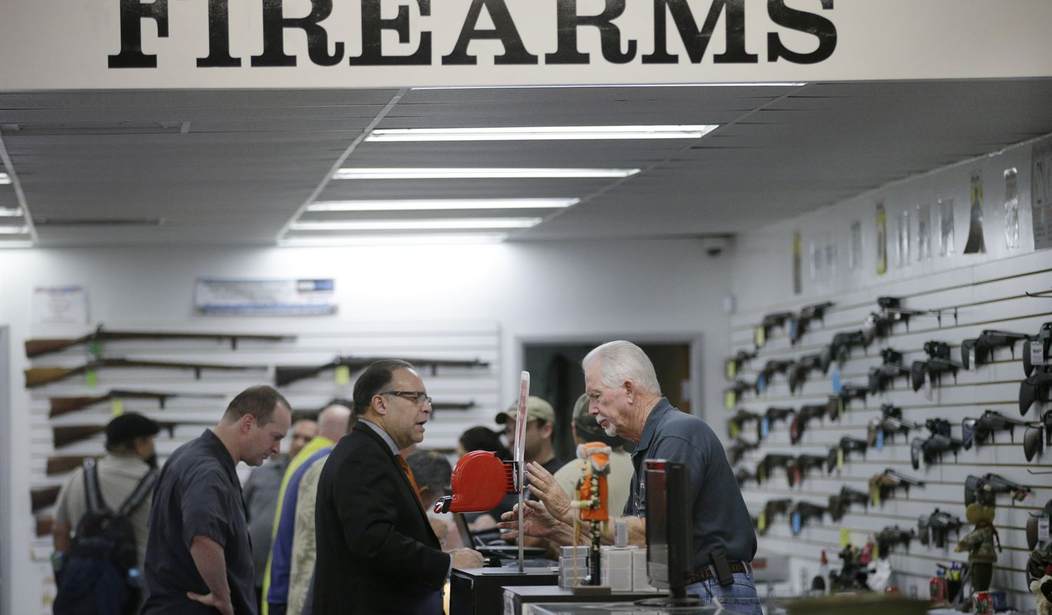The new gun laws that make up Measure 114 have yet to be enforced in the state of Oregon, nearly two months after the ballot referendum squeaked out a 50.7% margin of victory on Election Day, thanks in large part to a judge in Harney County who granted a temporary restraining order halting enforcement just days before the permit-to-purchase provisions and magazine ban were set to take effect.
On Tuesday, Judge Robert S. Raschio had another chance to weigh in on the constitutionality of Measure 114 and once again sided with opponents; telling lawyers with the state Attorney General’s office that a portion of the law dealing with background checks on retail firearm sales will also remain on hold, at least for now.
On Dec. 23, he heard oral arguments from Oregon on a motion to allow the law’s background check provision to take effect even while the constitutionality of the Measure 114′s other elements were decided by the courts. Under federal law, firearms dealers can sell guns without a completed background check if the check takes longer than three business days — a practice Oregon’s new law would end.
The so-called “Charleston loophole” allowed a man in Charleston, South Carolina, to buy a gun in 2015 and kill nine Black parishioners at a church.
… In his opinion issued Tuesday, Raschio said he would reconsider severing the background check provision of the law from the rest of the measure only if the permit-to-purchase element was ultimately found to be unconstitutional. He stressed that he has not made a final determination on the constitutionality of any of Measure 114′s provisions.
The lawsuit in Harney County, filed by Gun Owners of America Inc., the Gun Owners Foundation and several individual gun owners, sought to have the entire law placed on hold while its constitutionality is decided. The state lawsuit specifically makes the claims under the Oregon Constitution, not the U.S. Constitution.









Join the conversation as a VIP Member